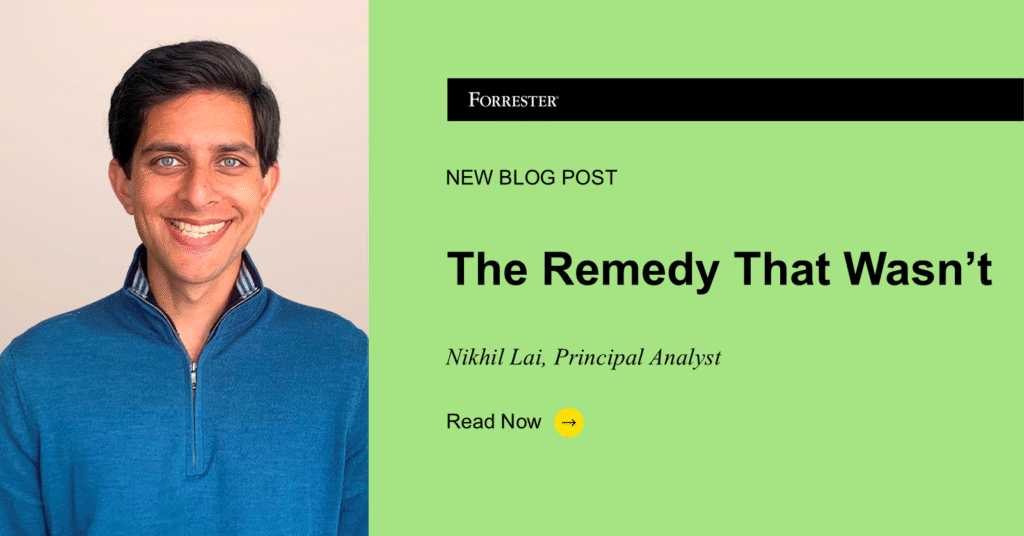To remedy Google’s monopoly in search, Judge Amit Mehta ruled that Google merely has to share limited search data with rivals and stop making exclusive deals with the likes of Apple and Samsung for Google’s preferential placement on devices. Judge Mehta’s ruling is a big win for Google, Apple, and answer engines like ChatGPT. It’s a loss for rival search engines and the Department of Justice.
Google, Apple, And Answer Engines Emerge Victorious
Judge Mehta’s remedy is close to Google’s best-case scenario. The company does not have to sell Chrome or Android and can keep paying Apple billions of dollars a year to acquire search traffic from iPhone users. Apple and Samsung benefit by being able to strike lucrative deals with answer engines, rather than dealing exclusively with Google. And the likes of ChatGPT and Bing gain paths to distribution that Google previously foreclosed.
In this case, generative AI’s warp-speed growth saved Google. ChatGPT’s launch — two years after the Department of Justice filed its suit — turned Google from a runaway leader in the search engine market into a frenetic challenger in the arms race for answer engines. Hampering Google’s ability to compete with the likes of OpenAI, Perplexity, and Anthropic would reduce competition, undermining antitrust law’s aim.
Gemini, Small Search Engines, And The DOJ Remain Challenged
Google’s only loss is this ruling’s impact on Gemini, which Google was planning to distribute exclusively via device manufacturers. In addition, Google must provide rivals some of Gemini’s training data, accelerating answer engines’ ability to provide Google-grade user experiences.
Unlike answer engines, search engines such as DuckDuckGo and Yahoo are disappointed by Judge Mehta’s decision, which limits search engines to a one-time look at Google’s search index rather than the regular access to Google’s index search engines they sought.
The Department of Justice’s five years and millions of dollars of litigation were for naught. It’s unlikely an appeals court will relitigate the trial judge’s remedies, so the DOJ must settle for defeat. The DOJ hoped Judge Mehta would exercise broad latitude in restraining Google’s ability to compete with the likes of OpenAI, but Judge Mehta rightly believed that “courts must approach the task of crafting remedies with a healthy dose of humility.” He was not in a position, he claimed, to “gaze into a crystal ball and look to the future” of answer engines, underscoring antitrust law’s inability to keep pace with genAI.
Marketers Must Adapt To Answer Engines’ Growth
Though Judge Mehta’s ruling favors Google, it highlights the diversification of search beyond Google. The likes of ChatGPT, Perplexity, Claude, and Grok will continue forcing Google to develop increasingly articulate, assistive, and agentic search capabilities at the expense of classic search. Therefore, marketers must make their brands increasingly visible across various engines, necessitating SEO solutions and revamped content and technical SEO best practices. Content must be increasingly specific and authoritative to be indexed and visible. And companies need to master the brilliant basics of technical SEO, like regularly updating sitemaps, resolving indexation issues, and analyzing log files now that hyperactive crawlers are all over websites.
Stay tuned for two reports on answer engines in the coming months. One will detail answer engine optimization best practices across content marketing, site health monitoring, and measurement. The other will cover AI-integrated paths to purchase, clarifying how consumers will shop using the likes of ChatGPT and forecasting what that means for answer engines’ business models, retail media networks, and creative velocity.
As always, if you’re a Forrester client request a guidance session to discuss.






